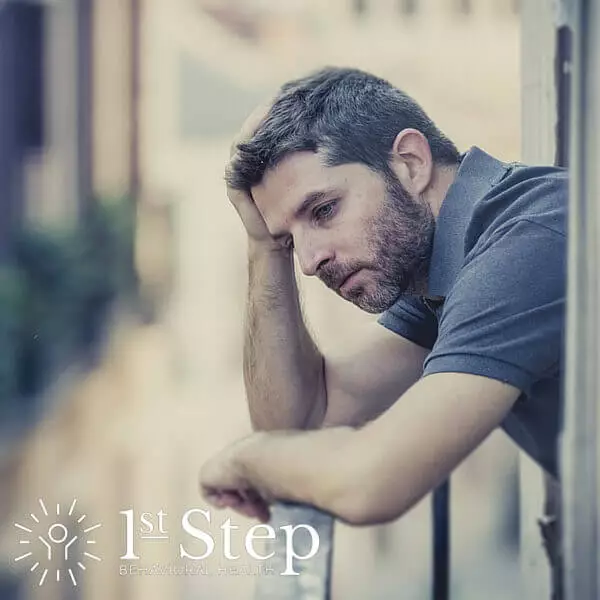Anxiety can be a very common contributing factor to addiction. Some people turn to drugs or alcohol as a way of self-medicating and trying to cope with the symptoms of their anxiety. This can increase risk for developing a substance use disorder.
While everyone gets anxious or nervous sometimes, that doesn’t necessarily mean they have an anxiety disorder. Here are a few signs to be on the lookout for that may indicate your anxiety is more than just a passing stressor.
Signs that may Indicate an Anxiety Disorder
- Worrying interferes with your life. It is persistent and keeps you from doing things that you enjoy and completing everyday tasks. It’s difficult to move past certain thoughts.
- Worrying keeps you up at night. Your mind is always racing and it’s hard to slow things down. When you wake up, you still have a lot on your mind.
- Worry is affecting your health. It’s not uncommon for people with anxiety disorders to experience gastrointestinal problems such as irritable bowel syndrome or acid reflux. You may also have a lot of muscle tension from always feeling anxious.
- If you feel overly self-conscious and get panicked at the thought that people are watching you or judging you, it could be a sign of anxiety, especially it if disrupts your ability to hold conversations or eat in front of others.
- Frequent panic attacks can be a sign of an anxiety disorder. You may not even know what triggers them, but they happen, and it’s hard to calm yourself.
Living with an anxiety disorder can be taxing. However, there is help available. If you’re struggling with anxiety and a substance use disorder, treatment for co-occurring disorders at 1st Step may be the right fit for you. Address your substance use and mental health disorders with confidence and start your journey to recovery.
[cta] If you’re struggling with anxiety and addiction, contact 1st Step today to learn more about co-occurring disorders and get help. [/cta]Jump to a Section
Call (855) 425-4846
